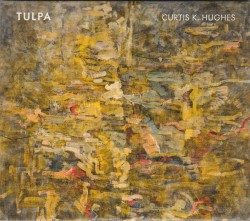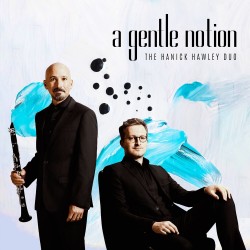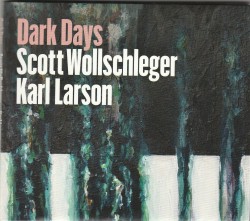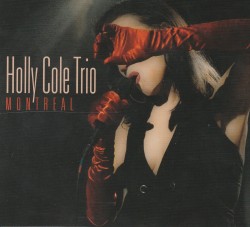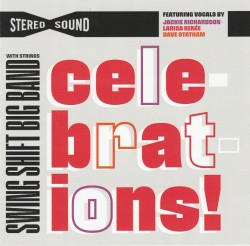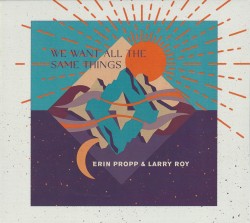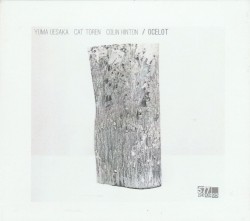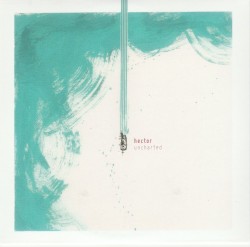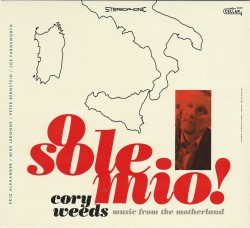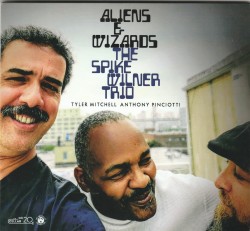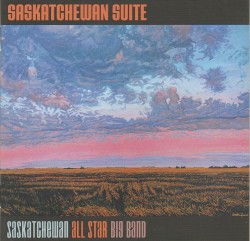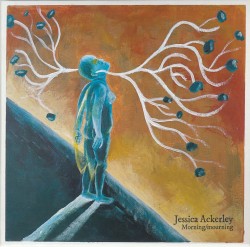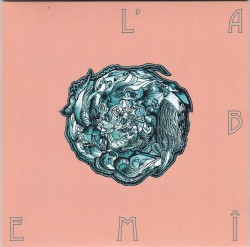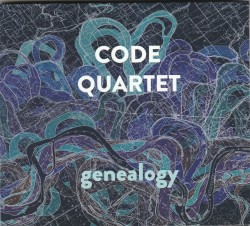Archetypes - Third Coast Percussion; Sérgio & Clarice Assad
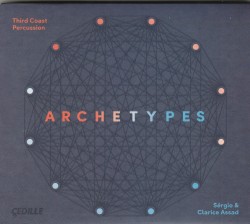 Archetypes
Archetypes
Third Coast Percussion; Sérgio & Clarice Assad
Cedille CDR 90000 201 (cedillerecords.org)
For 15 years, Grammy Award-winning Third Coast Percussion has been praised for the “rare power” (The Washington Post) of its records filled with “an inspirational sense of fun and curiosity” (Minnesota Star-Tribune). The Chicago-based quartet currently serves as ensemble-in-residence at Denison University.
On Archetypes Third Coast has invited celebrated Brazilian guitarist Sérgio Assad and his vocalist/composer/pianist daughter Clarice Assad to collaborate on an album with an intriguing conceit: to conjure up a dozen contrasting universal human archetypes in music. In 12 movements, each from three to just over five minutes, archetypal figures such as magician, jester, rebel, lover, hero and explorer take their turn at the thematic centre.
Instrumentally and stylistically the music comfortably inhabits a double frame: contemporary percussion chamber music is infused with harmonically adventurous Latin jazz, acoustic guitar and occasional vocalise. The results of this genuine collaboration can be extraordinary. Archetypes IV: The Lover for instance, in its restless and surprising modulations, rippling guitar and marimba arpeggios counterpointed by spare vibraphone and piano melodies floating above, seems to be reaching for something just beyond reach.
The 11 other movements evoke other moods and effects, characterized by innovative arrangements and brilliant playing. Composed by Sérgio, Clarice, members of Third Coast, or jointly, the suite flows organically, exuding musical confidence and virtuosity.
With its mix of classical and jazz elements, the 20th-century music fusion term Archetypes is an unexpectedly delightful musical discovery.


